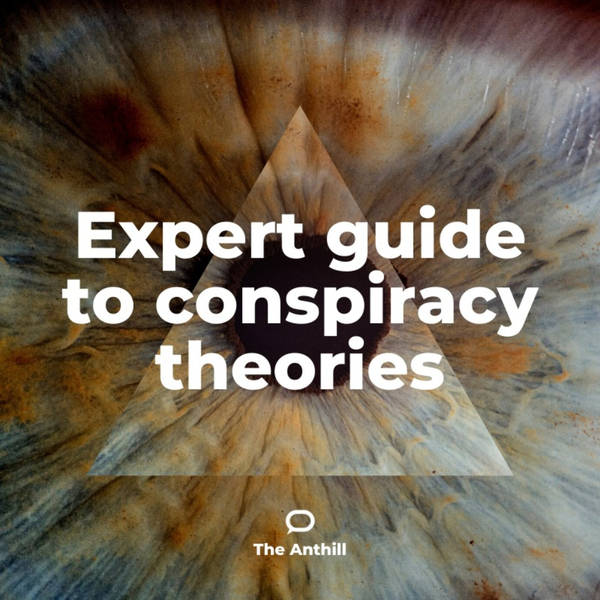
Expert guide to conspiracy theories part 3 – their history
How are the origins of the French Revolution connected with Beyoncé, Jay Z and Rihanna? The answer lies with one of the world's most mysterious – and misunderstood – secret societies, the Illuminati.
The strange evolution of the conspiracy theory surrounding this short-lived secret society, mirrors the modern history of conspiracy theories. We find out how in part three of our podcast series.
The Illuminati was a real secret society of intellectual elites in the late 18th century. Michael Butter, professor of American literary and cultural history at the University of Tübingen in Germany, tells us their goal was to promote Enlightenment thinking – ideas such as rational thought and the separation of church and state.
The society only lasted a few years before being forced to disband by the conservative authorities of the time. But conspiracy theorists say the Illuminati never really disappeared.
They were accused of orchestrating the French Revolution, which started in 1789. Andreas Önnerfors, associate professor of intellectual history at the University of Gothenburg in Sweden, says it was such a violent revolution and caused so much upheaval across Europe that people looked for someone to blame.
We find out how the Illuminati then became the bogeyman for dark forces at work in the world. The conspiracy theory dramatically morphed in the 20th century, particularly following the publication of the Protocols of the Elders of Zion, a fake transcript of a secret meeting of Jewish leaders plotting world domination. Then, after the second world war, it was picked up by conservatives in the US and played a part in fuelling anti-communist witch hunts.
Researcher Lindsay Porter explains how things take a weird turn in the 1960s when elements of the counterculture began to parody the conspiracy theory. And how today, certain pop stars are accused of being part of this secret society that rules the world.
The Anthill podcast is produced by Annabel Bligh and Gemma Ware. Sound design is by Eloise Stevens, with original music from Neeta Sarl and audio from Epidemic Sound. Thanks to City, University of London, for letting us use their studios. Special thanks to Clare Birchall, Michael Butter and Peter Knight who helped bring this podcast into being, and to the COST Action COMPACT for funding it.
Hosted on Acast. See acast.com/privacy for more information.
